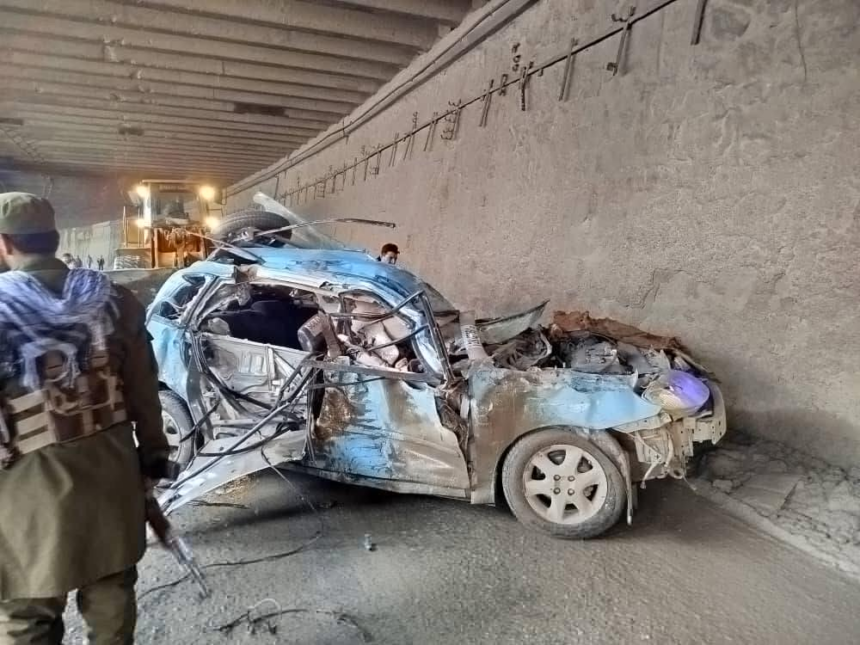RASC News Agency: A deadly chain-reaction traffic accident in the Salang Pass, one of Afghanistan’s most critical and congested transportation corridors, has claimed the lives of two individuals and left eight others injured, local authorities confirmed on Saturday. The incident took place shortly after noon on Saturday, April 19, in the Sang-Nawishta area of Salang District, situated in the central province of Parwan. According to the Taliban-controlled provincial police department, the crash was triggered when a Kamaz freight truck, traveling from north to south, veered off course after the driver lost control of the vehicle. The truck subsequently plowed into four passenger vehicles, resulting in a violent multi-vehicle collision.
The force of the crash led to the immediate death of two passengers, while eight others sustained injuries of varying severity. Emergency medical teams responded promptly, transferring the injured to the Parwan Provincial Civil Hospital, with several in critical condition later evacuated to specialized medical facilities in Kabul for further treatment. Eyewitnesses described the collision as “devastating,” noting that multiple vehicles suffered extensive damage. The intensity of the crash brought traffic to a standstill, causing temporary disruptions along the Salang Pass, a vital highway that links northern Afghanistan to the capital and southern regions.
The Salang Pass, while strategically indispensable for national transport and trade, has long been plagued by frequent and often fatal traffic accidents. Chronic issues such as deteriorating infrastructure, lack of modern road engineering, aging and unregulated vehicles, driver negligence, and harsh weather conditions continue to render this route one of the most dangerous in the country. Despite the persistent toll of road-related fatalities across Afghanistan, particularly in mountainous areas such as Salang, the country still lacks a coherent and sustained national strategy to improve road safety. Each year, hundreds of lives are lost to preventable traffic incidents, while thousands more are injured, many suffering lifelong consequences.
Road safety experts and civil society advocates have repeatedly urged the implementation of long-overdue reforms, including rehabilitation of critical transport infrastructure, enforcement of traffic laws, and comprehensive public awareness campaigns aimed at promoting safer driving practices. However, meaningful progress remains elusive.Until systemic changes are enacted, Afghanistan’s roads especially high-risk corridors like the Salang Pass care likely to remain tragically consistent sites of loss and suffering.






